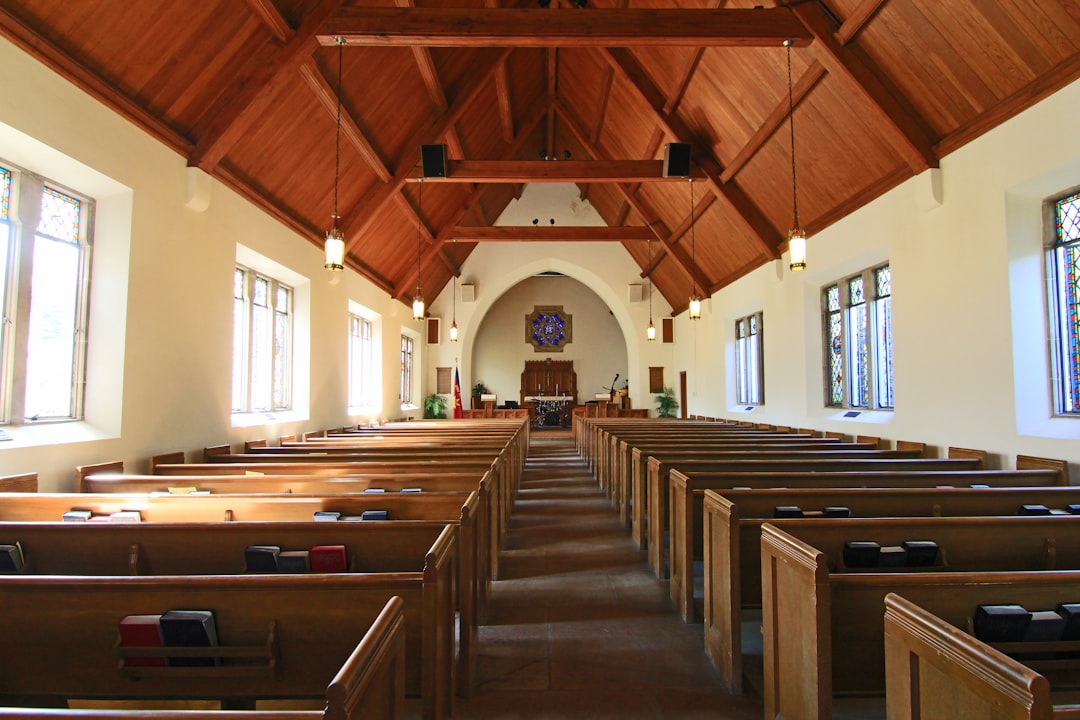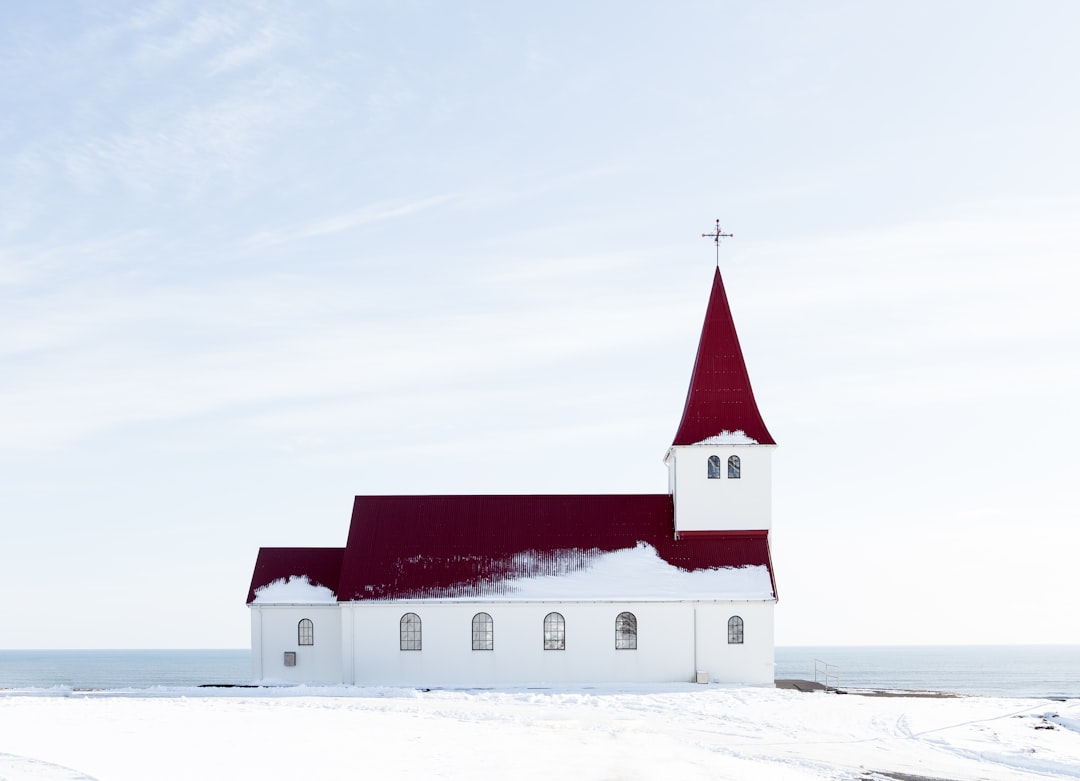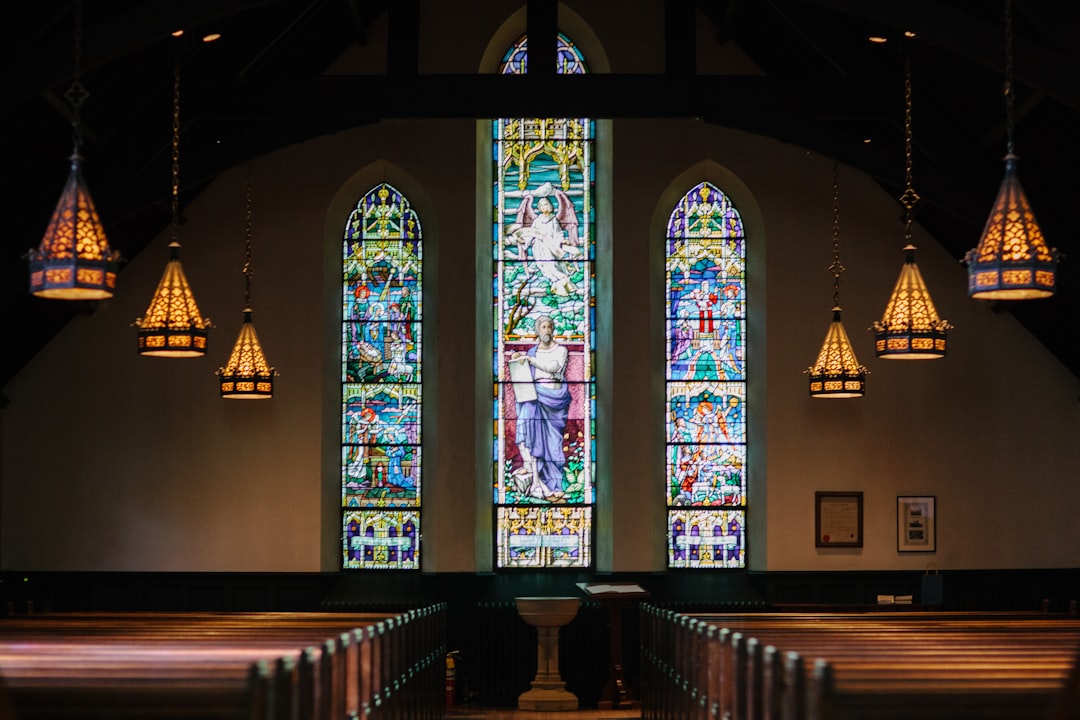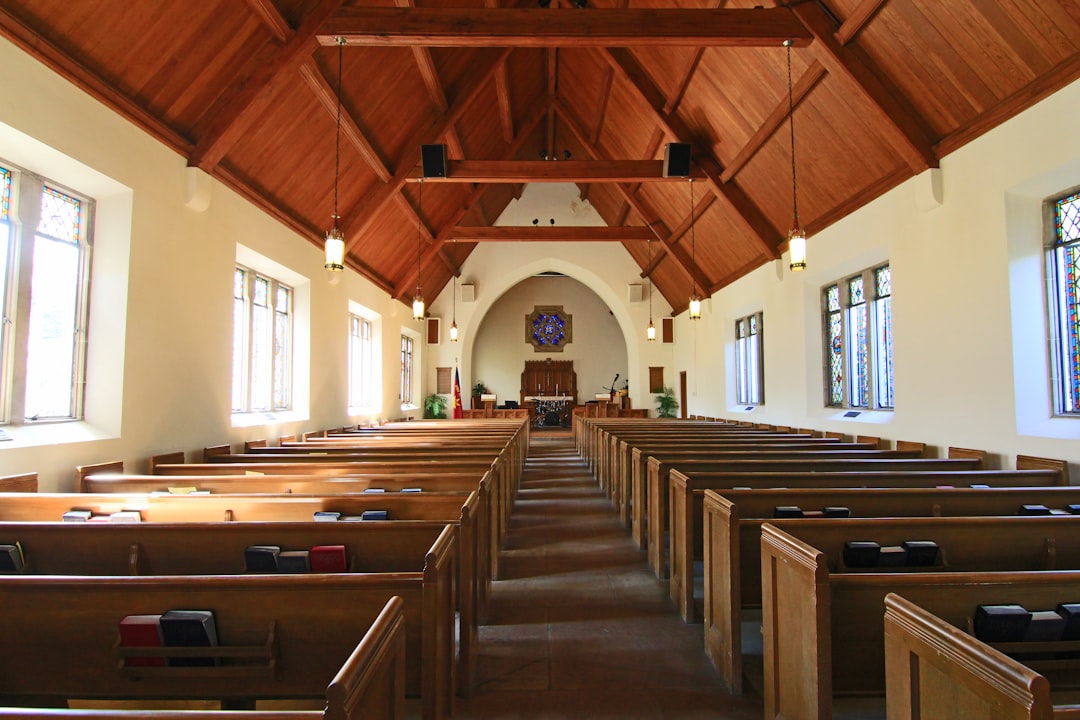Victims of sexual or emotional misconduct within religious organizations in Oregon have specialized legal protections. Consulting with an experienced clergy abuse attorney is crucial for navigating these complex cases, protecting rights, and building a strong lawsuit within statutes of limitations. Choosing the right lawyer involves considering expertise in religious lawsuits, trauma sensitivity, clear communication, and a proven track record. These attorneys guide survivors through the legal system, offer emotional support, and advocate for justice and accountability within religious institutions.
“In Oregon, clergy abuse lawsuits are a critical aspect of holding accountable those who have committed sexual or physical misconduct within religious organizations. This comprehensive guide aims to provide an in-depth understanding of these legal proceedings, offering victims a crucial resource.
Choosing the right clergy abuse attorney is pivotal for survivors seeking justice. We’ll explore key considerations when selecting legal representation tailored to these sensitive cases. Furthermore, we’ll delve into the impact and protections available for survivors, shedding light on their rights and options in Oregon.”
Understanding Clergy Abuse Lawsuits in Oregon: A Comprehensive Guide

In Oregon, clergy abuse lawsuits are governed by unique legal principles designed to protect victims of sexual or emotional misconduct within religious organizations. These cases often involve complex issues of faith, privacy, and civil liberties, making them sensitive and challenging to navigate. If you’re considering filing a lawsuit against a clergyman or religious institution for abuse suffered in Oregon, it’s crucial to consult with an experienced clergy abuse attorney who understands both the legal nuances and the specific dynamics at play in such cases.
Oregon laws provide victims of clergy abuse with a path toward justice and healing. A skilled attorney can help guide you through this process, ensuring your rights are protected and your story is presented effectively. They will assist in gathering evidence, understanding applicable statutes of limitations, and building a strong case to hold accountable those who have harmed you. Remember, seeking legal counsel early on can significantly impact the outcome of your clergy abuse lawsuit in Oregon.
Choosing the Right Clergy Abuse Attorney: Key Considerations for Victims

When seeking justice and closure after experiencing clergy abuse, selecting the appropriate legal representation is a pivotal step. Victims in Oregon looking for a clergy abuse attorney should consider several factors to ensure they find a qualified professional who understands the unique complexities of these cases. Firstly, expertise in handling religious-related abuse lawsuits is essential; such attorneys have knowledge of the specific laws and precedents surrounding these matters.
Additionally, victims may benefit from counsels with experience navigating sensitive issues like trauma, confidentiality, and potential cultural or faith-based barriers. It’s crucial to choose a lawyer who offers personalized attention, actively listens to your story, and provides clear communication throughout the legal process. Verifying their track record, checking client testimonials, and understanding their fees are also vital steps in making an informed decision when selecting a clergy abuse attorney in Oregon.
The Impact and Legal Protections for Survivors of Clerical Abuse in Oregon

For survivors of clerical abuse, navigating the legal system can be a daunting task. In Oregon, individuals who have experienced sexual or emotional misconduct by clergy members have specific legal protections in their favor. The state recognizes the unique challenges faced by these survivors and has implemented laws to ensure they receive justice and compensation for the harm they’ve suffered.
A clergy abuse attorney in Oregon plays a crucial role in empowering survivors to take legal action against abusive institutions and individuals. These attorneys specialize in navigating complex laws surrounding clerical abuse, providing emotional support, and advocating for their clients’ rights. Through litigation or alternative dispute resolution, survivors can seek damages for physical and psychological injuries, lost opportunities, and other related losses. It’s a vital step towards healing and holding accountable those who have exploited their positions of power within religious institutions.






